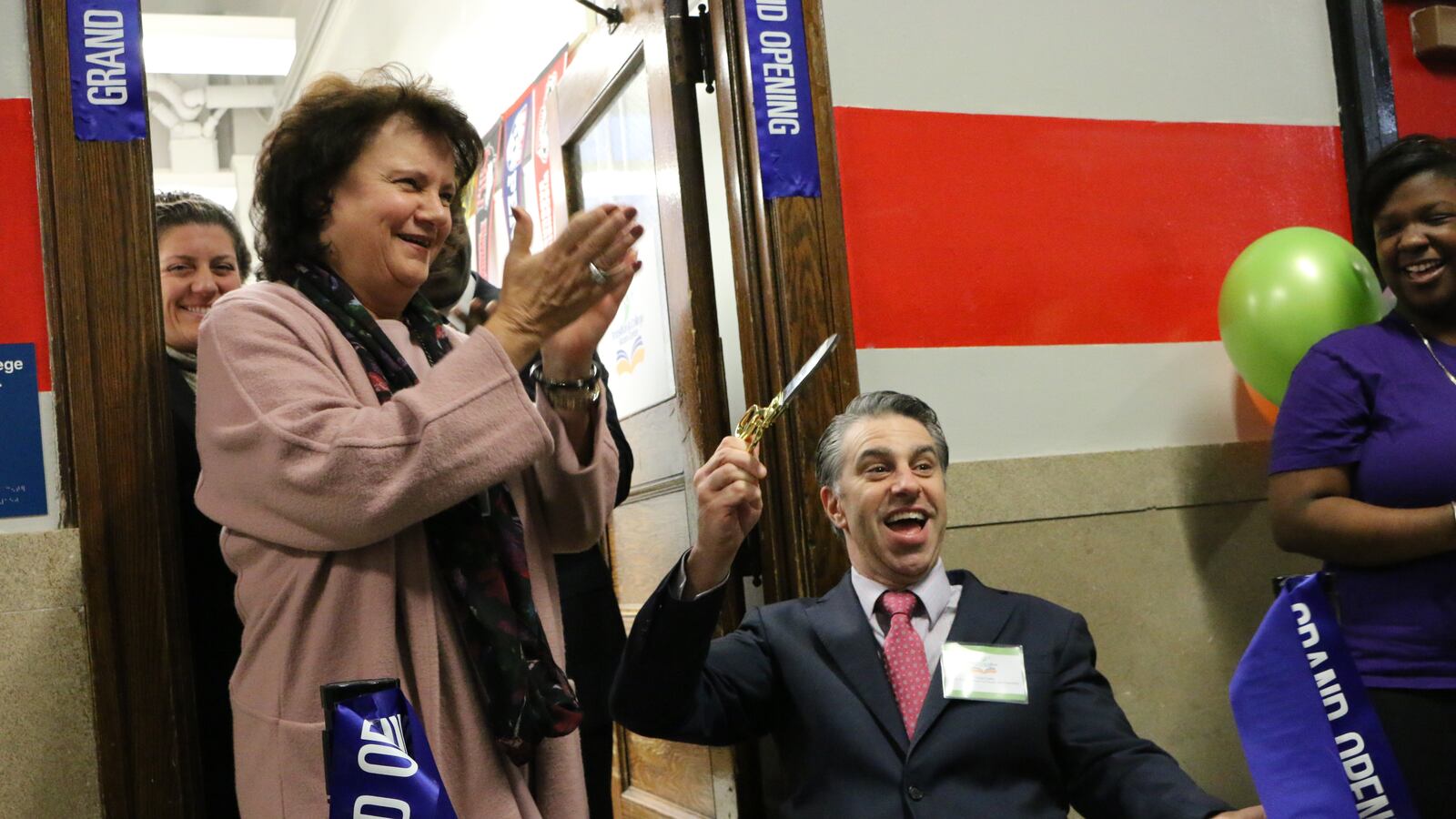For typical students, planning for life after high school is daunting — a blur of guidance counselors, college applications, or maybe a search for jobs or vocational programs.
But for families with special-needs students, the process is even more complex. To help ease the burden, schools are legally required to help craft plans for students with disabilities on how they will transition into adulthood. The plans can cover anything from the type of support services students might need to be successful in college to skills they should be taught in order to live independently.
It’s a tall order, and the city has previously been dinged for falling short. “Year after year, kids either didn’t have transition plans,” said Maggie Moroff, a disability policy expert at Advocates for Children, “or they had transition plans that were meaningless.”
Now, the city has come up with a new way to improve this transition: The education department is gradually opening centers in every borough staffed with experts who can directly help students with disabilities plan for life after high school, while also training school personnel on how to guide families through the process.
To date, the city has launched two of the “Transition and College Access Centers”: One embedded at DeWitt Clinton High School in the Bronx; the other at Boys and Girls High School in Brooklyn. Staten Island’s center is expected to open its doors this spring, while Queens and Manhattan centers scheduled to open by the end of next school year.
One focus will be on helping students with disabilities determine the best way to graduate high school. Among the available options is an alternative means of graduating that emphasizes job experience and technical education, which may be a better fit for students expecting to enter the workforce rather than attend college.
Another focus will be connecting students with job-skills programs, said Denise Mendez, director of the Bronx transition center that opened this week. Officials said the bulk of each center’s $2 million annual budget will go toward expanding paid work experiences for students. (Each center is expected to have six staff members.)
“In some ways it’s like building a resume,” said Corinne Rello-Anselmi, the education department official who oversees special education, adding that the centers could help find students find paid positions in city agencies or a local supermarket, depending on their qualifications. “If we get a kid through school and there’s nothing waiting for them, then we haven’t been successful.”
The centers will also serve as resources for schools. While each school is responsible for designating a “transition coordinator,” those individuals may not know all the programs available to students with disabilities or how to connect them with job opportunities, officials said.
Advocates said they are cautiously optimistic about the new centers, with the caveat that it will be important to track whether students ultimately have more meaningful experiences after they leave the system.
“It’s a big job,” said Moroff, the disability-policy expert. “This isn’t just about getting kids to graduation — it’s about what happens after graduation.”
Clarification: An earlier version of this story implied that students could earn a special diploma in part by completing a skills certificate. In fact, earning a skills certificate may help students earn a traditional Regents diploma.

